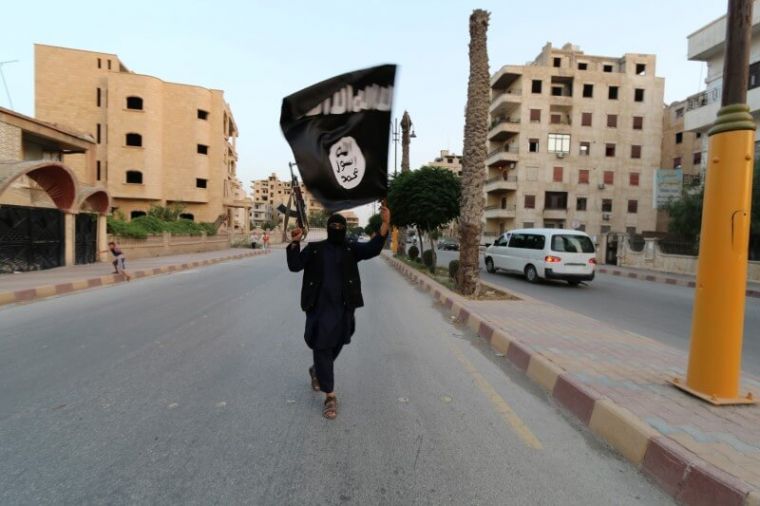Is ISIS a truly Islamic State? According to Mohammed's covenants with Christians, no.
ISIS is violating the teaching of Mohammed in persecuting Christians, according to a new study on previously untranslated writings of the Prophet.

Contrary to the brutal treatment Christians face under ISIS, the Muslim Prophet Mohammed described his ideal Islamic State as a community with religious pluralism and civil rights, where Christians and the ability to worship were protected.
ISIS' treatment of Christians goes against the teaching of the prophet they purport to follow.
Says who?
Dr Craig Considine, a research professor from Rice University, who has written a paper exploring the covenants Mohammed made with Christians.
Based on what?
A collection of newly translated covenants written by Prophet Mohammed between 622 and 632 AD that he made with different Christian groups, including the monks of mount Sinai, the Christians of Najran, the Christians of Persia and the Christians of the World.
These covenants reveal the Prophet's desire to work with – not against – Christians in the area, in order to build his ummah (Arabic community).
Right, what do these covenants say?
These covenants revealed the thinking behind and practical implications of Mohammed's desire to ensure religious freedom.
"Prophet Mohammed made it clear that freedom of religion is an inherent right for Christians living in a Muslim nation," Considine said.
This was not derived from political aspiration, but "rather they resulted from his belief that Christians should be able to freely practice their own faith in accordance with their own will."
In the covenant with the Christians in Persia, the prophet was emphatic on this issue, writing:
"Even as they honour and respect me, so shall Muslims care for that people as being under our protection and whensoever any distress or discomfort shall overtake (Christians), Muslims shall hold themselves in duty bound to aid and care for them, for they are a people subject to my Nation, obedient to their word, whose helpers also they are."
Mohammed was clear that no Christian should be under a compulsion to accept or reject Islam. He extended the duty of care for Christians to giving civic rights to their religious leaders.
"The covenant of Allah is that I should protect their land, their monastries, with my power, my horses, my men, my strength and my Muslim followers in any region, far away or close by, and that I should protect their businesses," he wrote in 'The covenant of the Prophet with the Christians of the World'.
"I grant security to them, their churches, their businesses, their houses of worship, the places of their monks, the places of their pilgrims, wherever they may be found," he wrote.
He's pretty clear – Christians should be free to be Christians while living in Ummah. This is integral to an Islamic State.
Why are we just learning about them now?
These documents have been found in obscure monasteries around the world, and have been out of print for centuries – some were never even translated from their original language.
"Scholars and believers are turning to them now because of the widespread violence against Christians in places like Iraq and Syria," Considine said.
So the "Islamic State" isn't really an "Islamic State"?
Not according to Mohammed's standards for an Islamic State, no.
Considering the fact that ISIS' treatment of Christians and other religious minorities is so severe that it has been called "genocide" by both the US and Europe, it is difficult to harmonise the two.
Naturally, if you claim to follow Mohammed, it is pretty crucial to follow his teachings. So, if you are trying to build an Islamic State, you'd have thought that his teachings on what that would look like would be central to what you'd hope to build.
What does this mean?
The revelation of these Covenants Mohammed made with Christians reveal the Prophet's true vision for an Islamic State – one that "radiates compassion and peace" – and so enables us to disassociate Islam from ISIS. It gives us a new perspective, which reconfirms that ISIS is not a true expression of what Mohammed envisioned a Muslim nation to look like.
It could be viewed "as a kind of medicine to cure the diseases of Islamic extremism and Islamophobia," Considine said.
"This is what American society – and indeed the world – needs now more than ever."











